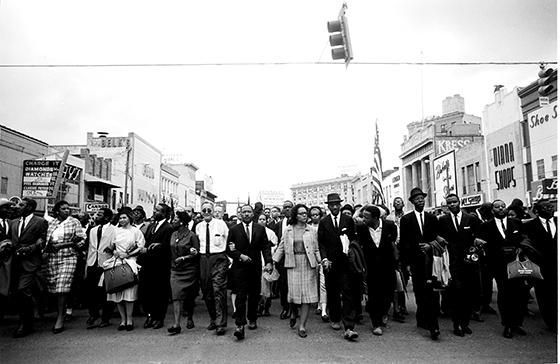
A Place in the Middle: The True Meaning of Aloha
A Place in the Middle: The True Meaning of Aloha, a documentary short by Dean Hamer and Joe Wilson, tells the story of a school in Honolulu, Hawaii, that is demonstrating respect for and inclusion of gender-fluid students. The film centers on 11-year-old Ho’onani, who embodies māhū, a Hawaiian term that refers to people who embrace feminine and masculine spirits. Ho’onani occupies “a place in the middle” on the gender spectrum and leads her school’s hula troupe, typically for boys only. Ho’onani’s teacher Kumu Hina—a transgender woman—tells the troupe, “I want every student to know that if you are my student, you have a place to be—in the middle.” A Place in the Middle documents some of the positive outcomes that can occur when schools welcome students with love, harmony and respect (the deeper meaning of aloha). The film also makes the point that this welcome should not be extended despite students’ gender identity or expression, but precisely because of who they are. (25 min.)*
middle and high school
Selma: The Bridge to the Ballot
Teaching Tolerance’s new film, Selma: The Bridge to the Ballot, tells the story of the historic struggle for voting rights through the voices of the Alabama high school students and teachers who were the backbone of the Selma movement. They confronted a violent sheriff and a defiant governor determined to protect white supremacy at any cost. By organizing and marching bravely in the face of intimidation, violence, arrest and even murder, these activists helped to achieve one of the most significant victories of the civil rights era—passage of the Voting Rights Act of 1965. The film kit is free and includes a viewer’s guide and poster that reflect essential practices for teaching the civil rights movement. (40 min.)
middle and high school
Documented
Documented, a film by Pulitzer Prize-winning journalist Jose Antonio Vargas, captures Vargas’ experience as an undocumented immigrant in the United States. Vargas left the Philippines at age 12 to live with his grandparents in California. At 16, he found out that he was undocumented when he tried to apply for a driver’s permit. Years later, finding his own silence unbearable and driven to influence immigration reform, Vargas returned to his high school’s journalism class and told students, “So I’m actually an undocumented immigrant.” He also told them that he was about to come out nationally as undocumented, which he did—in The New York Times Magazine. Documented captures all of these moments, and others. The message is loud and clear: Too often, undocumented immigrants are treated as, in Vargas’ words, “abstractions, faceless and nameless, subjects of debate rather than individuals with families, hopes, fears and dreams.” (90 min.)
high school
A curriculum guide based on the film is available with purchase. The guide is mapped to the Teaching Tolerance Social Justice Standards.
The Homestretch
Anne de Mare and Kirsten Kelly’s documentary The Homestretch opens with the voices of youth experiencing homelessness in Chicago. “It puts you in a predicament where you gotta grow up real, real fast,” says one young person. “Is this like the life I’m going to live for the rest of my life?” asks another. The Homestretch amplifies the voices and experiences of three homeless youth: Kasey, Anthony and Roque. The film makes visible what is often an invisible population in schools and communities. It also dispels pervasive stereotypes by showing that homelessness is a situation, not a character flaw. Of particular relevance, The Homestretch portrays the crucial roles that homeless liaisons, educators, administrators, counselors and other staff play in the lives of homeless youth in the public school system. But the systematic issues at the heart of youth homelessness extend far beyond school walls—a fact that compels some school staff to become advocates for change. (90 min.)